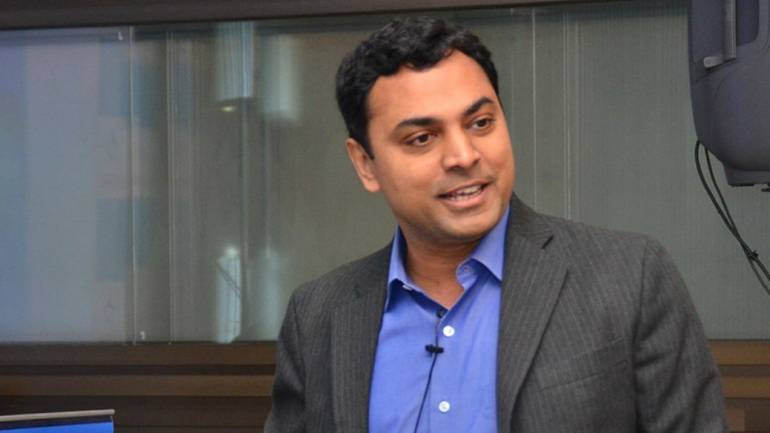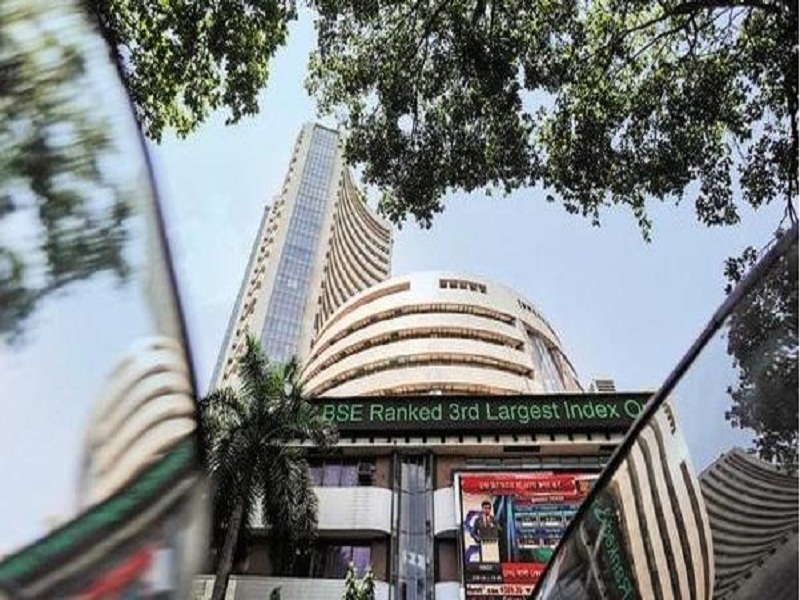Economic Survey 2020: Subramanian takes on Subramanian for questioning India’s GDP numbers
Published On: Friday, January 31, 2020 | By: Team KnowMyStock

In the economic survey 2020, Chief Economic Adviser Krishnamurthy Subramanian has strongly countered former CEA, Arvind Subramanian's questions on the accuracy of Indian GDP numbers.
One interesting thing in the Economic Survey 2020 is that chief economic adviser (CEA) Krishnamurthy Subramanian has devoted an entire chapter in the survey to play down the questions raised by his predecessor, Arvind Subramanian on the accuracy of the country’s GDP estimates under the new series.In 2019, Arvind Subramanian had triggered a controversy arguing that he has evidence to show India’s new GDP series is flawed and grossly overestimated by at least 2.5 percent. Subramanian cited several economic indicators between the period between 2011-12 and 2016-17 to validate his argument.The former CEA later, in a study, had said that the evidence, based on disaggregated data from India and cross-sectional/panel regressions, is robust to prove his argument. “Lending further credence to the evidence, part of the overestimation can be related to a key methodological change, which affected the measurement of the formal manufacturing sector,” Subramanian had said. But, in the economic survey 2020, CEA Krishnamurthy Subramanian strongly counters this argument.“The analysis in the chapter clearly shows that the evidence in favour of an overstated Indian GDP disappears completely in a correctly specified econometric model,” he says, adding, “Using a cross-country, generalized difference-in-difference model with fixed effects, the analysis demonstrate the lack of any concrete evidence in favour of a misestimated Indian GDP,” the CEA says.These observations are significant given the fact that Narendra Modi government had faced severe criticism both within India and abroad over the protruding disconnect between the official GDP numbers and what the high frequency macroeconomic indicators showed on the ground. Even the International Monetary Fund had raised questions on the quality of India's GDP calculation methodology.Missing tar" title="One interesting thing in the Economic Survey 2020 is that chief economic adviser (CEA) Krishnamurthy Subramanian has devoted an entire chapter in the survey to play down the questions raised by his predecessor, Arvind Subramanian on the accuracy of the country’s GDP estimates under the new series.In 2019, Arvind Subramanian had triggered a controversy arguing that he has evidence to show India’s new GDP series is flawed and grossly overestimated by at least 2.5 percent. Subramanian cited several economic indicators between the period between 2011-12 and 2016-17 to validate his argument.The former CEA later, in a study, had said that the evidence, based on disaggregated data from India and cross-sectional/panel regressions, is robust to prove his argument. “Lending further credence to the evidence, part of the overestimation can be related to a key methodological change, which affected the measurement of the formal manufacturing sector,” Subramanian had said. But, in the economic survey 2020, CEA Krishnamurthy Subramanian strongly counters this argument.“The analysis in the chapter clearly shows that the evidence in favour of an overstated Indian GDP disappears completely in a correctly specified econometric model,” he says, adding, “Using a cross-country, generalized difference-in-difference model with fixed effects, the analysis demonstrate the lack of any concrete evidence in favour of a misestimated Indian GDP,” the CEA says.These observations are significant given the fact that Narendra Modi government had faced severe criticism both within India and abroad over the protruding disconnect between the official GDP numbers and what the high frequency macroeconomic indicators showed on the ground. Even the International Monetary Fund had raised questions on the quality of India's GDP calculation methodology.
Tags: Budget 2020 Economic Survey
We are on Telegram!
JOIN our telegram channel to receive updates on Financial News and Stock and FNO Tips.
Click Here!
Follow Us On:






